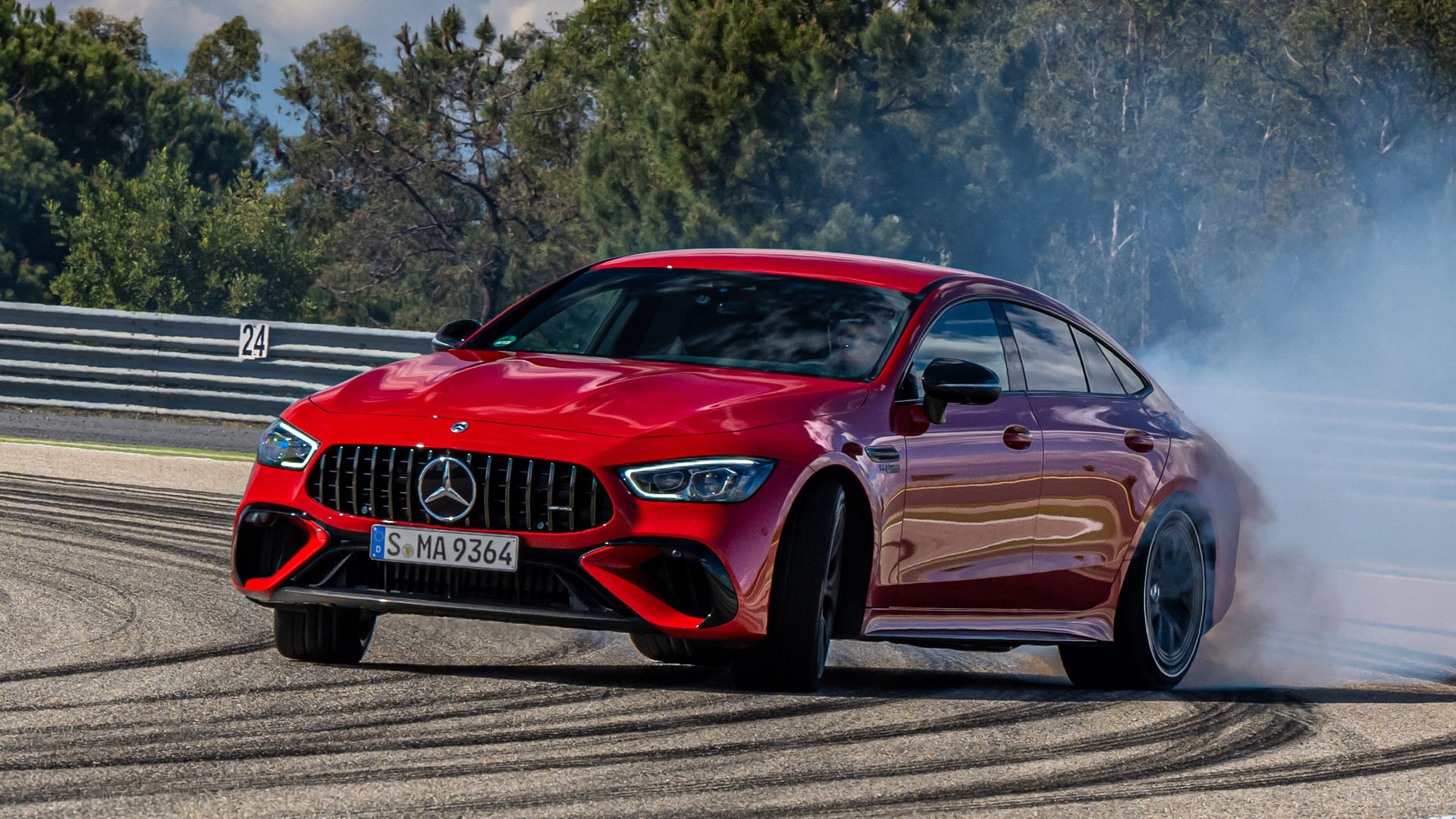

Germany’s finance minister Christian Lindner said Tuesday that the nation will not agree to the European Union’s 2035 ban on internal combustion-powered vehicles. Speaking to the BDI industry association—a German business group that represents more than 100,000 companies—Lindner stated there would be niches for internal combustion engines, and that the ban was wrong.
The statement from Lindner to Germany’s business leaders was likely intended to ease the nerves of Germany’s considerable auto industry and a plethora of automotive suppliers. Other nations with similar industries have also pushed back on the EU’s move. High-ranking members of the French, Czech, and Italian governments have all stated they oppose a full-fledged ban, citing potential economic damage as the deadline looms. Germany, France, and Italy are the three largest economies in the EU.
This is not the first rumbling coming from Germany about the EU’s actions. The nation’s transportation minister has also noted the ban is unreasonable, going further to say synthetic fuels could be a potential answer to the EU’s goal to reduce carbon emissions. Concerns from individual automakers, German or not, have also come up. BMW said it does not plan to discontinue internal combustion engine development any time soon, with its CEO Oliver Zipse saying that “demand for ICE vehicles will remain robust for many years to come.” Likewise, Italian automakers have been broadly opposed to the mandate.
The EU’s plan is facing serious criticism from powerful voices about the ban. In order for its plan to go through, it seems necessary to address its projected economic impacts. France’s La Plateforme Automobile, the nation’s largest automotive lobby, estimates 100,000 jobs in the industry could be lost by 2035, which is more than half of its workforce. Likewise, it projects $21 billion of investment in technology and infrastructure would be necessary to realize the EU’s targets. In Germany, the story is very similar, with one-tenth of its 830,000 auto-related manufacturing jobs reported to be potentially at risk within the next decade.
The final decision on the EU’s plan will arrive in the coming months as member nations give their verdicts.
Email the author at peter@thedrive.com